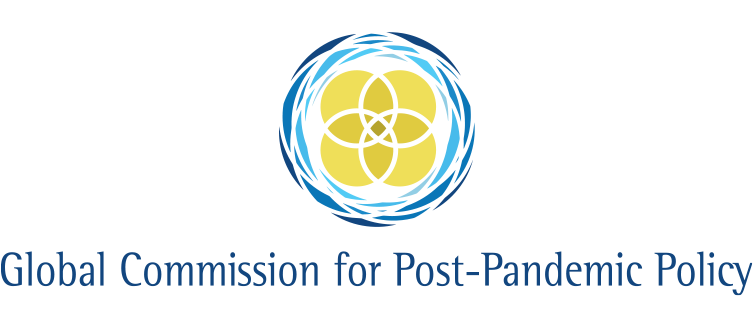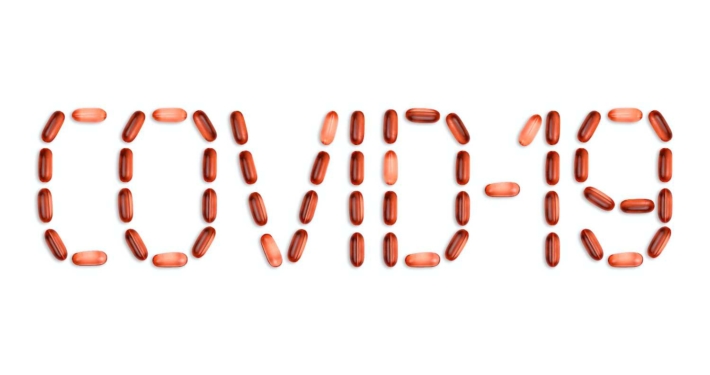The Pandemic, week to March 9th
Health
This week, newly recorded COVID-19 cases stabilised worldwide, staying roughly level with the previous week’s rates. In the United States cases continue to decline, but have begun increasing again in Europe, Asia and Latin America. In Europe, one million new COVID-19 cases were recorded across the continent last week—a 9% increase, week-on-week. In Milan, where cases are surging, a genetic analysis of the local virus strain confirmed that it is chiefly the highly contagious variant first identified in the United Kingdom. That variant, along with strains from South Africa and Brazil, are believed to be to blame for Europe’s surge in infections.
Russia’s Sputnik V COVID-19 vaccine is in high demand. In the coming months, hundreds of millions of doses are expected by countries in Latin America, Africa, the former Soviet Union and the Middle East, financed by the Russian Direct Investment Fund, the country’s vaccine diplomacy arm. However, the capacity of Russia to manufacture the doses to meet its commitments is in doubt. The country had by February 20th produced only 10 million vaccine doses in total (the most recent figures), both for export and domestic use.
In the United States, a newly released survey from Pew Research Centre suggests that as vaccination rates increase, many unvaccinated Americans are becoming more comfortable with receiving a shot. Of all survey respondents, 69% now plan to get vaccinated—up from 60% in November. That is now only slightly below the 70-80% believed to be required for herd immunity.
Health Canada—the government’s medicines regulator—granted emergency-use authorisation to the Johnson & Johnson single dose COVID-19 vaccine—the fourth vaccine to receive approval in the country after the Pfizer-BioNTech, Moderna and Oxford-AstraZeneca vaccines. Canada has ordered 10 million doses of the Johnson & Johnson vaccine and has options for another 28 million, enough to vaccinate its entire population.
In South Korea, the Ministry of Food and Drug Safety granted final approval for the Pfizer-BioNTech COVID-19 vaccine. The decision followed three separate independent evaluations of the efficacy and safety of Pfizer’s two full-dose regimen. South Korea has ordered 23 million doses of the Pfizer-BioNTech vaccine, expected to arrive later this month.
Economy
The OECD published its March 2021 Global Economic Outlook Interim Report. In a positive sign, the OECD revised its 2021 global GDP growth projection to 5.6%—up more than a percentage point from its last projection in December 2020. The rich-country think-tank noted that deployment of vaccines, although uneven, is finally gaining momentum and predicted that government fiscal stimulus – particularly in the US – is likely to provide a further boost to economic activity in the coming months. Nevertheless, the report stresses the vital importance of a speedy vaccine-rollout to the continuation of the global economic recovery.
In the United States, the Biden administration’s $1.9 trillion relief and stimulus bill was passed by the Senate over unanimous Republican opposition. To get the bill through some progressive priorities had to trimmed back: the federal minimum wage increase was dropped, stimulus cheques will be available to fewer Americans than originally proposed and federal unemployment payments will remain at $300 instead of being raised to $400. Nevertheless, the package still represents the largest national anti-poverty agenda in a generation. The bill now moves back to the House of Representatives for confirmation before moving to President Joe Biden’s desk.
The United States Department of Labour published its February jobs data which exceeded expectations, with 349,000 jobs added for the month. Those swelling payroll numbers reflect a hiring boom in the battered leisure and hospitality sectors, which together accounted for 355,000 of the jobs added.
Eurostat, the European Union’s statistics agency, published the bloc’s January employment figures. In January, 15.6 million men and women were unemployed in the European Union’s 27 member states, a marginal increase of 29,000 from December. This works out to an unemployment rate of 7.3%, unchanged from the previous month. Notably, the report reveals a significant gender gap in unemployment, with women disproportionately affected.
The Brazilian Institute of Geography and Statistics (IBGE)—the country’s official statistics agency—publishedits estimates of Brazil’s fourth quarter GDP, showing growth in Latin America’s largest economy reaching an annualised rate of 3.2%, beating forecasts. Nevertheless, the numbers mean that the Brazilian economy contracted 4.1% in 2020 as a whole—the largest contraction since the IBGE’s records began in 1996.
In China, at the opening of the annual National People’s Congress Premier Li Keqiang announced the country’s 2021 growth target. The government wants the Chinese economy to expand by 6% over the next year, a slightly more moderate goal than before the pandemic. Mr Li also set a new target for employment growth, aiming to reduce unemployment to 5.5% by the year’s end, with a goal of adding more than 11 million new urban jobs, up from the 9 million targeted last year.
Japan’s government revised its estimate for GDP growth in 2020’s fourth quarter down by a percentage point to an annualised 11.7%, and warned that the imposition of a COVID-related state of emergency in Tokyo and other major cities is likely to have depressed activity in 2021’s first quarter. In 2020 as a whole, Japan’s GDP shrank by 4.8%, compared with 3.5% in the United States and 1% in South Korea.
Politics
In the United States, a new poll from the Associated Press-NORC Centre for Public Affairs Research pegged President Joe Biden’s approval rating at 60%, with 70% of Americans approving of his handling of the COVID-19 pandemic. This is an unusually high level of bi-partisan support in an otherwise polarised country. Americans are less convinced by Biden’s performance on the economy, however, giving him an approval rating on that topic of 55%. Nevertheless, former-President Donald Trump never posted an aggregate approval rating above 50% throughout his four-year term.
In New York State, it has emerged that aides to Governor Andrew Cuomo moved to suppress data on the escalating COVID-19 death-toll in New York’s nursing homes at the height of the pandemic. This is the latest evidence of a coordinated effort to obscure the public health disaster, one that fuelled an exodus of the state’s top public health officials. The news comes at an inopportune time for Governor Cuomo, who is also facing accusations of inappropriate conduct by three former female aides, including work-place sexual harassment.
The Italian government blocked a shipment of 250,000 doses of the Oxford-AstraZeneca vaccine to Australia, citing delays in AstraZeneca’s contracted deliveries to the bloc. The move follows new regulations that empower European Union member states to keep vaccine doses made within the bloc from being sent abroad if the manufacturer has not yet met its supply obligations to member countries. The Italian foreign ministry said that Italy acted because Australia is considered a “non-vulnerable” nation under the new regulations.
In the Netherlands, a pipe bomb detonated outside a COVID-19 testing centre resulting in property damage but no injuries, the latest in a series of vigorous and frequently violent protests in the country over the impositions of restrictions on mobility and behaviour. In January, a COVID-19 testing centre in the Dutch town of Urk was set alight in response to the imposition of a curfew in the town. Unrelatedly, a spate of letter bombs have also been sent to local businesses, fortunately no-one has yet been hurt.
In North Korea, the COVAX initiative—an international body established to promote global access to coronavirus vaccines—is expected to deliver 1.7 million doses of the Oxford-AstraZeneca vaccine by the end of May. North Korea’s state-controlled news media reports that the country has no confirmed COVID-19 cases, but this is unlikely to be the case. The true scale of the COVID-19 pandemic’s presence in the country is unknown.
GCPPP Newsletter
We now publish a weekly newsletter to inform friends and supporters of the Global Commission’s progress and to provide updates when new content is published. Please sign up here:


 Volodymyr Hryshchenko, Unsplash
Volodymyr Hryshchenko, Unsplash
 Adam Nieścioruk, Unsplash
Adam Nieścioruk, Unsplash
 visuals, Unsplash
visuals, Unsplash


